
The importance of failure: interview with Paul Nurse
June 5, 2017 | Issue 40Paul Nurse’s failed experiment inspired a Nobel-prizewinning career.


Paul Nurse’s failed experiment inspired a Nobel-prizewinning career.
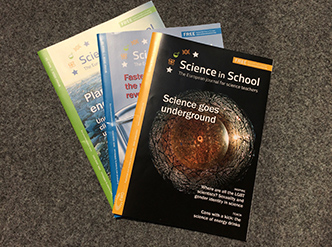
What do you find the biggest challenges in science teaching? Can Science in School help?
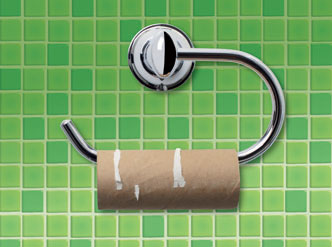
This medical treatment might sound repulsive, but don’t pooh-pooh it just yet.
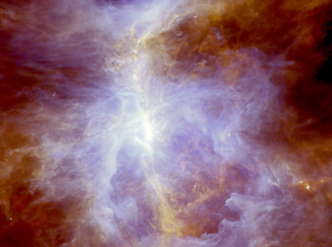
In the fifth and final article in this series on astronomy and the electromagnetic spectrum, find out how scientists use the European Space Agency’s missions to observe the sky in far-infrared, sub-millimetre and microwave light.

Repairing a fusion device can be challenging for humans. Drones may be the answer.
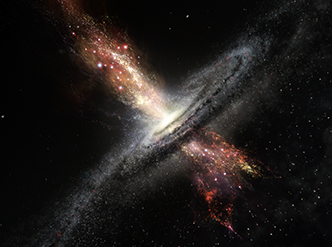
Science in School is published by EIROforum, a collaboration between eight of Europe’s largest inter-governmental scientific research organisations (EIROs). This article reviews some of the latest news from the EIROs.
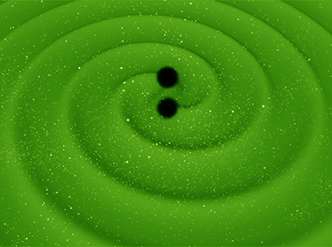
Gravitational waves are among the most subtle messengers that reach us across the cosmos. But how can their infinitesimal effects be detected?

A blade of grass and a high tower both need to stand up against forces that threaten to level them. Are there design principles that they can exploit to achieve this?

Introduce your students to acoustic and optical spectra with a hands-on murder mystery.
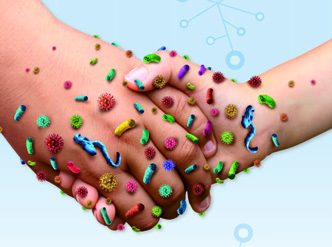
Get to grips with the spread of infectious diseases with these classroom activities highlighting real-life applications of school mathematics.
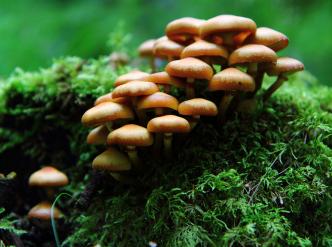
We are pleased to announce the winners of the student writing competition: the search for the strangest species on Earth.
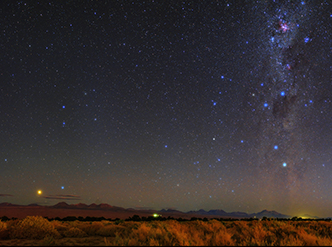
How do astronomers measure distances to the stars? Using a digital camera to record parallax shift is an accurate and authentic method that can be used in a classroom.

Challenge your students to work out which exploits of comic-book heroes like Superman might actually be possible – given a miracle or two.
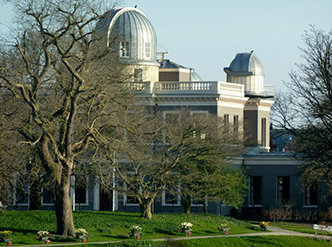
Typical school exchanges focus on language and culture – but you can also build a successful exchange programme around science.
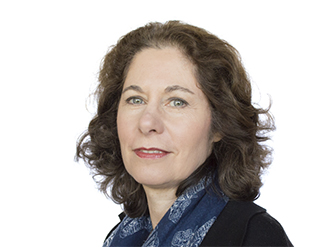
At first glance, you might wonder if this is the horror issue of Science in School: with themes including murder, disease and excrement, plus a feature on failure, are we trying to give our readers a gloomy start to the summer holidays? Happily, no: while this may seem a grim selection of topics,…